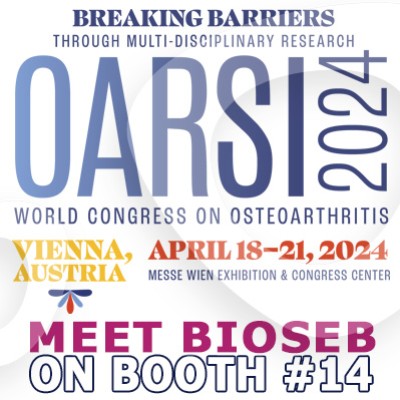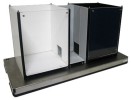Authors
E. Barbier, H. Houchi, V. Warnault, O. Pierrefiche, M. Daoust et al.
Lab
Université de Picardie Jules Verne, Groupe de Recherche sur l'alcool et les Pharmacodépendances, Equipe région INSERM 24 (ERI24), Amiens, France.
Journal
Neuroscience
Abstract
An important factor that may influence addiction liability is exposure during the early life period. Exposure to ethanol, early in life, can have long-lasting implications on brain function and drugs of abuse response later in life. In the present study we investigated the behavioral responses to ethanol and to psychostimulants in Long Evans rats that have been exposed to pre- and postnatal ethanol. Since a relationship between heightened drug intake and susceptibility to drug-induced locomotor activity/sensitization has been demonstrated, we tested these behavioral responses, in control and early life ethanol-exposed animals. The young adult male and female progeny were tested for locomotor response to alcohol, cocaine and d-amphetamine. Sedative, rewarding effects of alcohol and alcohol consumption were measured. Our results show that early life ethanol exposure behaviorally sensitized animals to subsequent ethanol and psychostimulants exposure. Ethanol-exposed animals were also more sensitive to the hyperlocomotor effects of all drugs of abuse tested and to those of the dopamine receptor agonist apomorphine. Locomotor sensitization to repeated injections of cocaine was facilitated in ethanol-exposed animals. Ethanol-induced conditioned place preference was also facilitated in ethanol-exposed animals. Ethanol consumption and preference were increased after early life ethanol exposure and this was associated with decreased sensitivity to the sedative effects of ethanol. The altered behavioral responses to drugs of abuse were associated with decreased striatal dopamine transporter and hippocampal NMDAR binding. Our results outline an increased vulnerability to rewarding and stimulant effects of ethanol and psychostimulants and support the epidemiological and clinical data that suggested that early chronic exposure to ethanol may increase the propensity for later self-administration of ethanol or other substances.
BIOSEB Instruments Used:
Place Preference Cage (BX-CPP),Spatial place preference Test (BX-SPP)

 Pain - Thermal Allodynia / Hyperalgesia
Pain - Thermal Allodynia / Hyperalgesia Pain - Spontaneous Pain - Postural Deficit
Pain - Spontaneous Pain - Postural Deficit Pain - Mechanical Allodynia / Hyperalgesia
Pain - Mechanical Allodynia / Hyperalgesia Learning/Memory - Attention - Addiction
Learning/Memory - Attention - Addiction Physiology & Respiratory Research
Physiology & Respiratory Research
 Pain
Pain Metabolism
Metabolism Motor control
Motor control Neurodegeneration
Neurodegeneration Cross-disciplinary subjects
Cross-disciplinary subjects Muscular system
Muscular system General activity
General activity Mood Disorders
Mood Disorders Other disorders
Other disorders Joints
Joints Central Nervous System (CNS)
Central Nervous System (CNS) Sensory system
Sensory system

